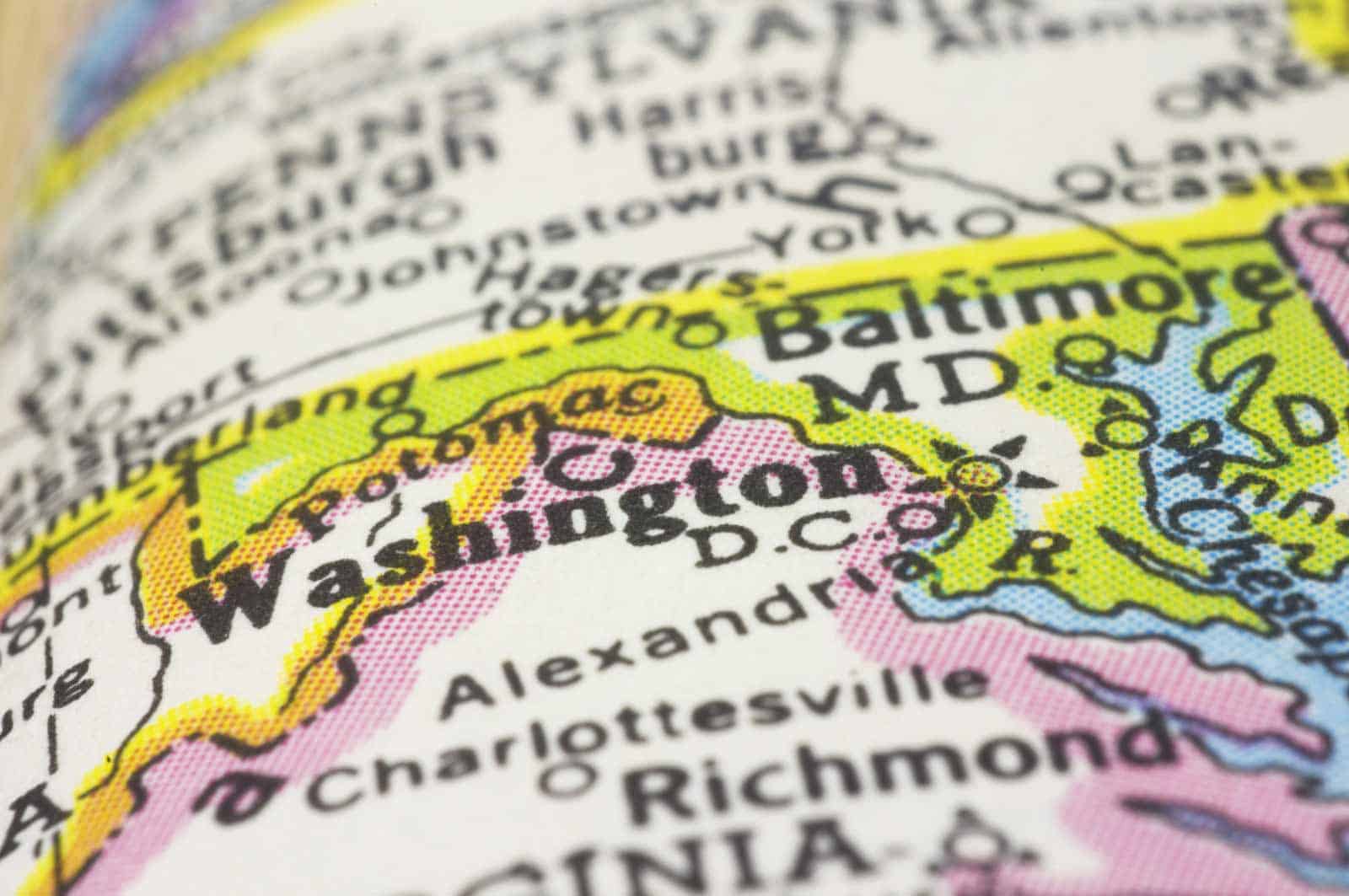
02 Jun 2017 DC Lifts 25-Year Ban on Surrogacy Agreements
Surrogacy agreements became legal in the District of Columbia for the first time in 25 years on April 7, following Congressional approval of a statute passed by the district city council in December.
Surprisingly, despite the progressive track record of the DC government, which was one of the first jurisdictions to legalize same-sex marriage, it took four years to get the surrogacy law passed, according to a Washington Blade report.
The Collaborative Reproduction Amendment Act of 2016 establishes requirements for enforceable surrogacy agreements and offers guidance on how intended parents, including LGBT intended parents, should establish parentage. Surrogates must be 21 or older and already have a child.
An earlier version of the law was introduced to the DC council in 2013, then went through years of public hearings and revisions and was re-introduced in 2015 before the council voted unanimously to approve it in November.
Before the new law took effect, individuals could be fined $10,000 simply for entering into a surrogacy agreement. Like many jurisdictions, the DC council banned surrogacy agreements in the late 1980s, in reaction to the notorious “Baby M” case, in which the New Jersey Supreme Court invalidated a surrogacy agreement after surrogate Mary Beth Whitehead refused to give up a baby to the intended parents. With passage of the DC law, a portion of the damage done to the cause of reproductive freedom and surrogacy by the Baby M case is finally being repaired--one jurisdiction at a time.

















